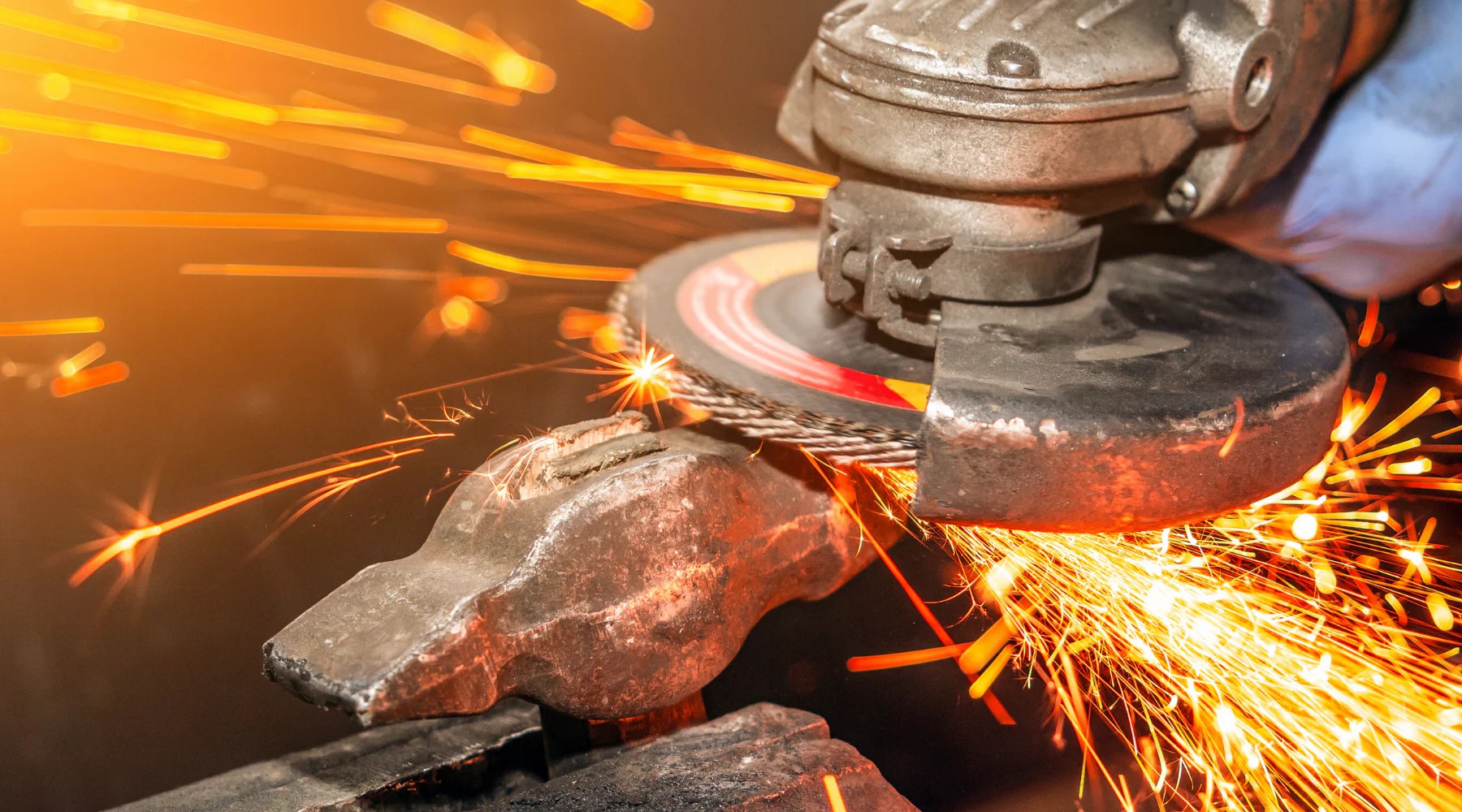Mastering Abrasive Wheels: A Comprehensive Overview of Types, Applications, and Safety Protocols
Abrasive wheels are essential tools used in many industries, from construction to manufacturing. Understanding the different types of abrasive wheels and their applications is crucial for ensuring safety and efficiency in the workplace. In this comprehensive guide, we will delve into the various types of abrasive wheels, their specific applications, and the associated risks. Moreover, we will emphasize the importance of proper training to prevent accidents and ensure compliance with the regulations set forth in Ireland.
Types of Abrasive Wheels
Abrasive wheels are categorized based on their application, material composition, and design. Here are the primary types:
- Grinding Wheels: Designed for grinding metals and other materials. Available in various grades, they can be used for precision tools, cutting, and deburring.
- Cutting Wheels: Specifically made for cutting through hard materials such as metal or stone. These wheels are crucial in construction and metal fabrication.
- Polishing Wheels: Used to smooth surfaces and enhance finish quality, polishing wheels are often employed in automotive and furniture manufacturing.
- Diamond Wheels: Incorporating diamond particles for cutting and grinding, they are suitable for hard materials like concrete and ceramics, commonly found in construction applications.
- Flap Discs: Designed for blending and finishing surfaces, flap discs consist of multiple layers of abrasive flaps for a smoother finish, often utilized in metalworking.
Abrasive Wheels Applications
The applications for abrasive wheels span across several industries:
- Construction: Grinding and cutting wheels are indispensable for cutting concrete, steel, and masonry.
- Automotive: Polishing wheels refine metal surfaces, while cutting wheels are used to trim parts.
- Manufacturing: Grinding wheels improve the precision of tools and components, significantly impacting safety and performance.
- Metalworking: Abrasive wheels enable deburring and finishing, enhancing product quality.
Risks Associated with Abrasive Wheels
Despite their efficiency, abrasive wheels come with significant risks if not handled properly:
- Wheel Breakage: Improper mounting or excessive pressure can lead to wheel explosions, posing serious injury risks.
- Overheating: Continuous use without proper cooling can cause wheel damage and unsafe working conditions.
- Improper Use: Lack of knowledge about specific wheel types can lead to accidents, including cuts and abrasions.
- Noise and Vibration: Continuous exposure can cause long-term health issues, including hearing loss and muscle strain.
Importance of Proper Training
In order to mitigate the risks associated with abrasive wheels, proper training is essential. Here are the key benefits of investing in training:
- Accident Prevention: Training equips workers with the knowledge to use equipment correctly, reducing the risk of accidents.
- Compliance with Regulations: Adhering to Irish safety regulations ensures that organizations foster a safe working environment.
- Increased Efficiency: Well-trained employees operate tools more effectively, resulting in improved productivity.
- Awareness of Risks: Understanding the potential dangers associated with abrasive wheels encourages safer work practices.
Abrasive Wheels Training and Certification in Ireland
To ensure safety in the workplace, various accredited training programs are available across Ireland. In cities such as Dublin, Cork, Galway, Limerick, and Waterford, professionals can enroll in:
- Abrasive Wheels Course Dublin
- Abrasive Wheels Training Cork
- Abrasive Wheels Certification Galway
- Abrasive Wheels Safety Course Limerick
- Abrasive Wheels Certification Waterford
- Abrasive Wheels Online Course
These courses provide up-to-date content focusing on safety practices, equipment handling, and compliance with relevant legislation.
Conclusion
Understanding the different types of abrasive wheels and their applications is vital for anyone in industries such as construction, manufacturing, and automotive. The associated risks highlight the necessity of proper training and certification. By investing in certified abrasive wheels training in major cities across Ireland, businesses can not only enhance workplace safety but also foster a more efficient work environment. Don’t wait—ensure your team's competence with abrasive wheels by enrolling in a safety course today!
For more information, contact us at [email protected].



 349,500 Offered Certificates
349,500 Offered Certificates
 24/7 Online Training
24/7 Online Training
 Money Back Guarantee
Money Back Guarantee
 Fully Accredited Courses
Fully Accredited Courses
